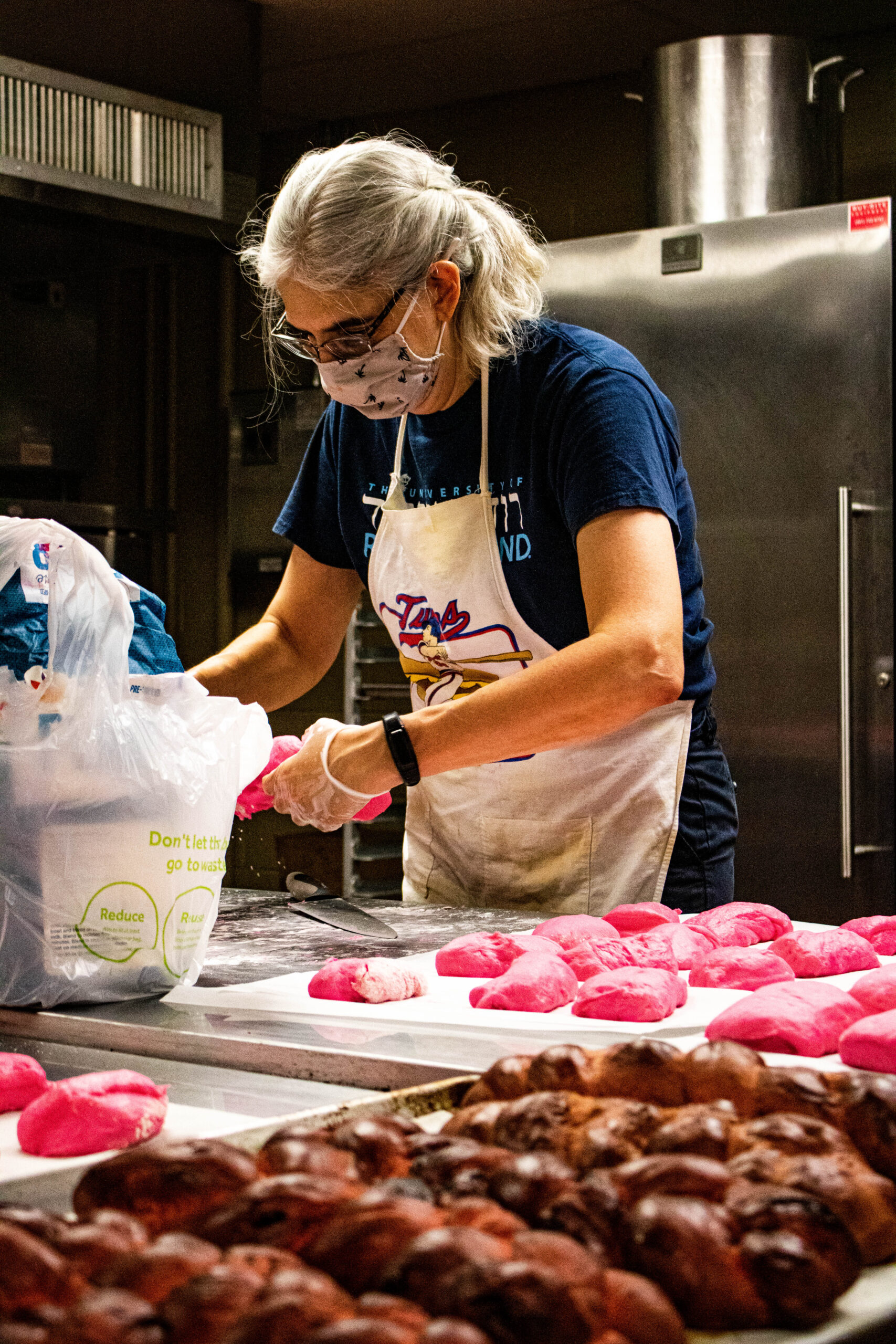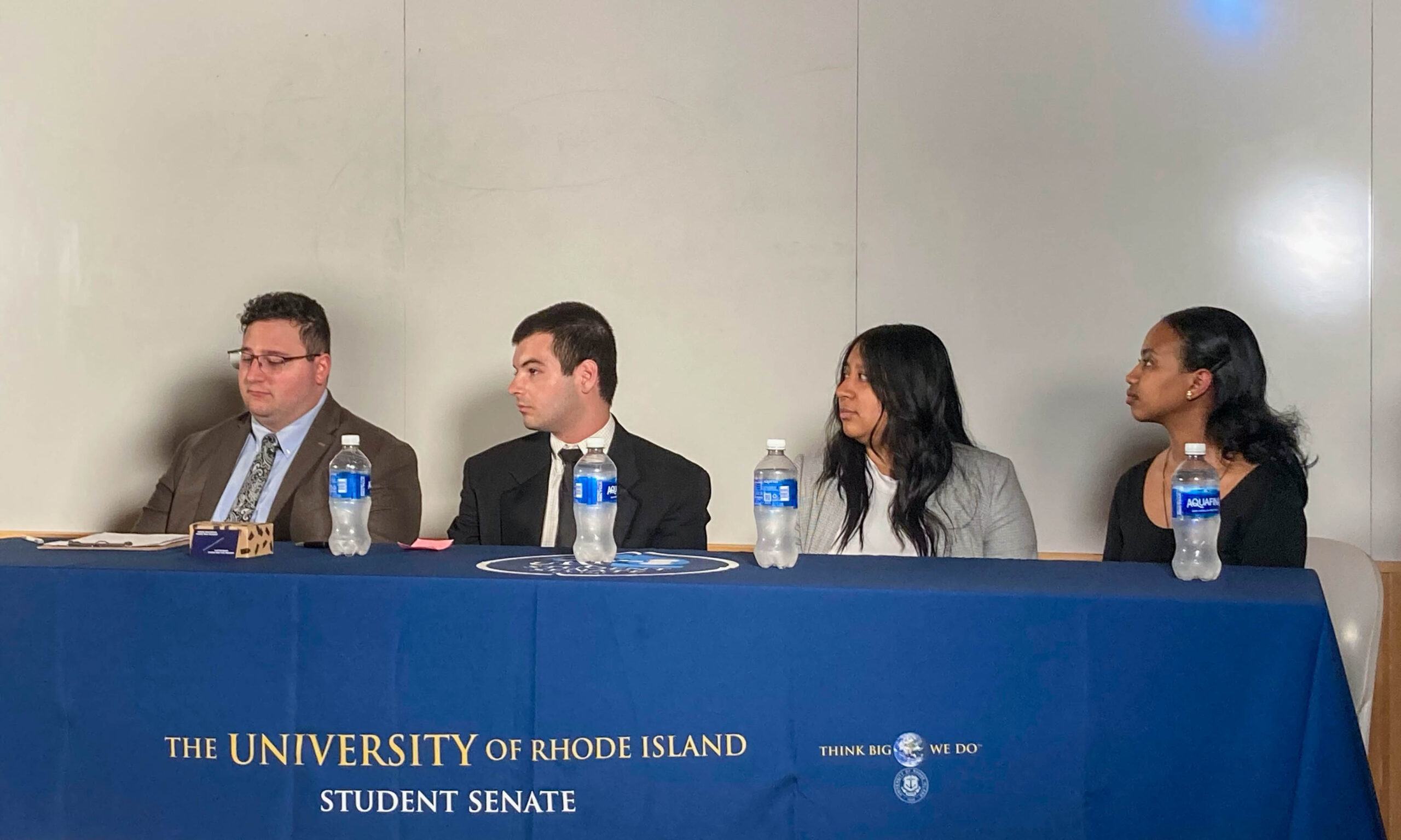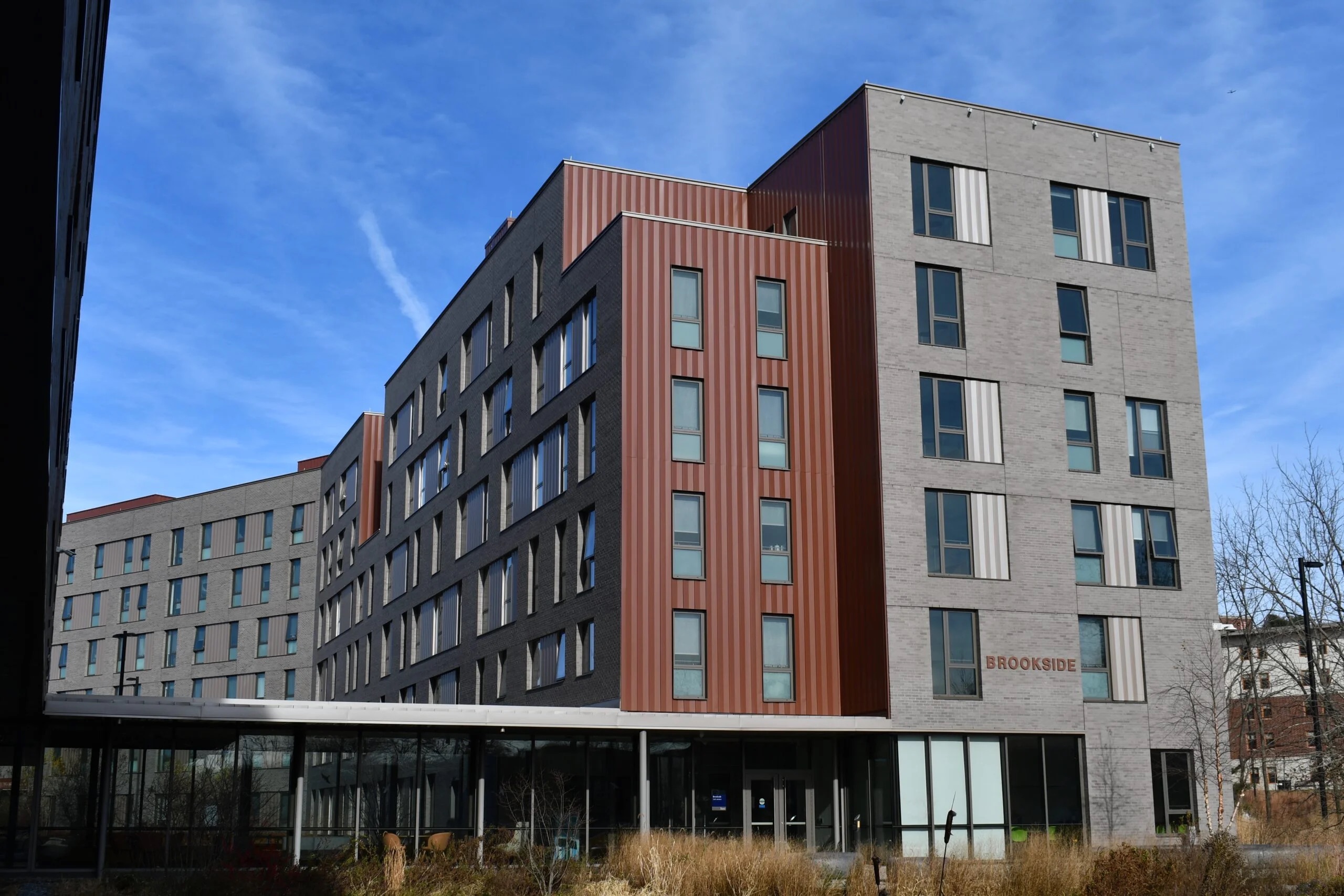Students help bake challah bread
URI Hillel Center sells challah bread baked by students to raise money for Sharsheret. PHOTO CREDIT: Melissa Marchese
Challah is a staple Jewish bread that is said to represent many things, including sustenance from God, love, the 12 tribes of Israel and continuity.
Hillel: The Jewish Student Center at the University of Rhode Island baked 33 loaves of challah bread dyed pink this past week to raise money for Sharsheret, a Jewish organization that provides aid to women with breast and ovarian cancer.
According to Michael Schreiber, the director of Jewish Student Life at URI, Hillel decided to raise money for breast cancer since October is Breast Cancer Awareness Month and breast cancer is something that is a universal experience, regardless of religion.
“Cancer is something that affects a lot of people,” Schrieber said. “There’s definitely people on staff and in our student community who have been affected by the disease, and we knew there were students out there who would want to see this and want to support this cause.”
Students were able to order a loaf of challah bread with or without chocolate chips for $5 and were even invited to help the Hillel Center mix, knead, braid and bake the loaves. Hillel raised $165 for Sharsheret from the bread sales.
Amy Olson, the executive director of Hillel at URI, led four students in making the loaves of challah bread. For many of the participants, such as Emma Dotson and Ashley Valentino, baking the challah bread was an entirely new experience.
“I’ve never made bread before, so that was exciting,” Dotson said. “I like to bake, and I actually grew up in a restaurant so I watched my parents make bread all the time, so that was really cool.”
At 10 a.m., the group made the first batch of chocolate chip challah loaves. First, the participants mixed the dough together and kneaded it. During this, Olson explained to the students some of the rules of kosher cooking that had to be followed in baking challah specifically.
“You’re gonna crack an egg into a bowl before putting it in the dough, if there’s no blood spot add it to the bowl,” she said. “[The rules of kosher] forbid consuming blood.”
The group disbanded for two hours for the dough to rise before they could braid and bake the dough. While there are many different ways to braid challah bread, the group did a three plait braid, which is one of the most common forms.
A three plait braid can represent many things, such as peace, truth and justice or past, present and future, according to Schreiber. He said that braids can have a different meaning to every family.
Schreiber is excited to have the Hillel Center reopened this semester for in-person events and meals. He said that they are currently working with the Gender and Sexuality Center and many other organizations at URI to put on events throughout this semester.
On Nov. 15, the Hillel Center will be hosting a “grassroots dialogue between Israelis and Palestinians in Israel who are living in the disputed territories and settlements.”




